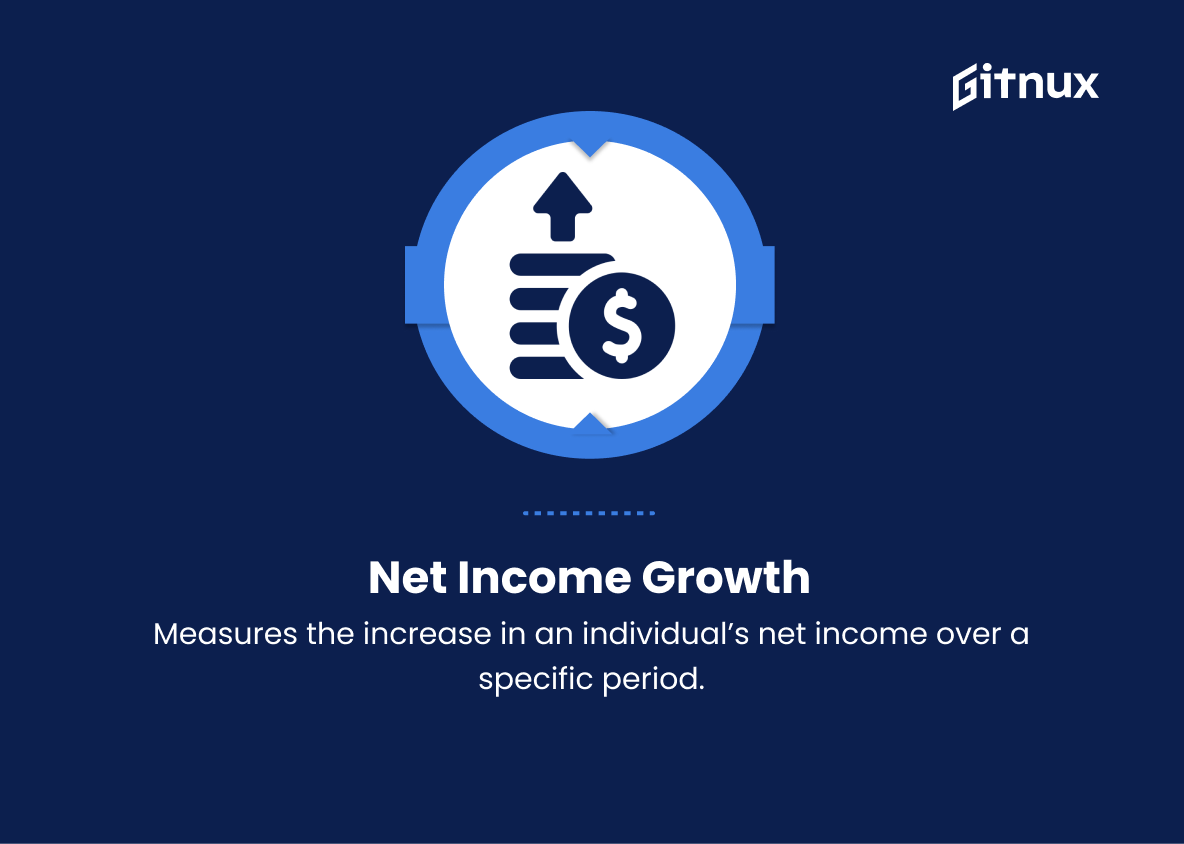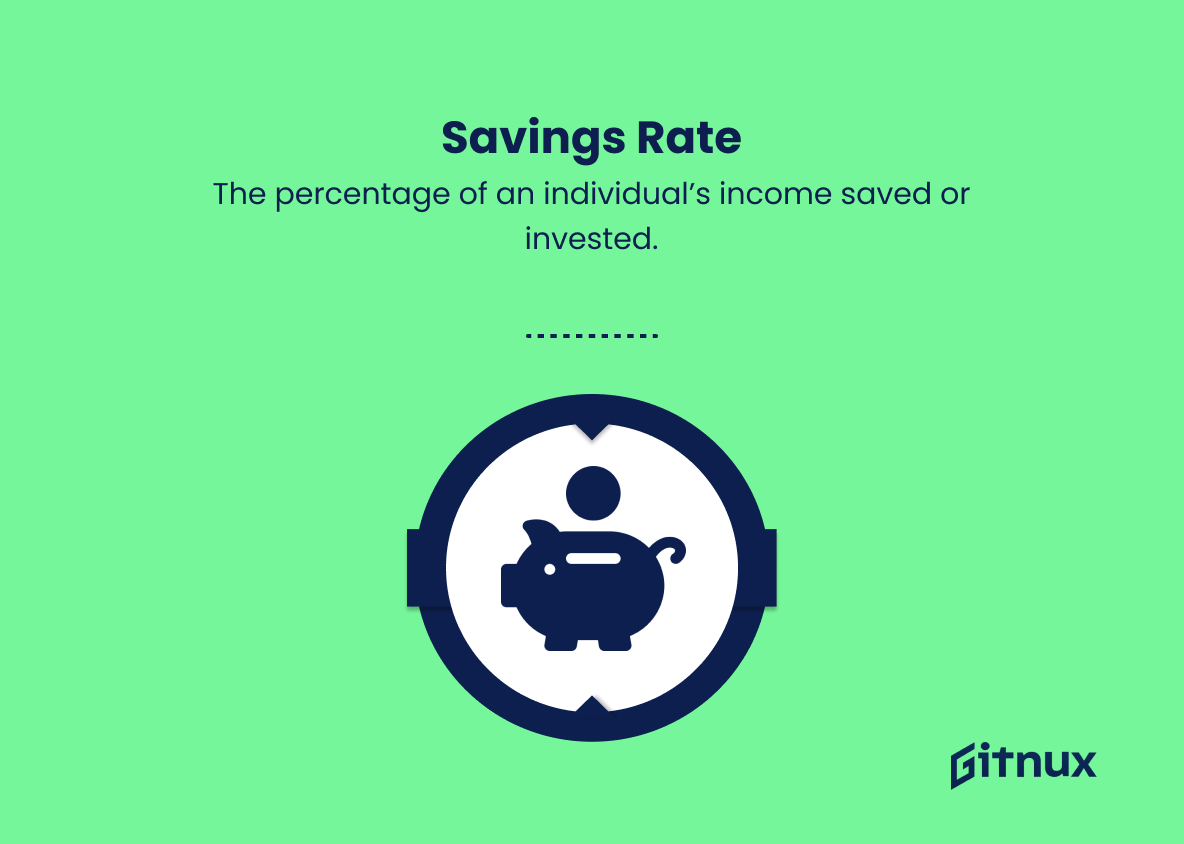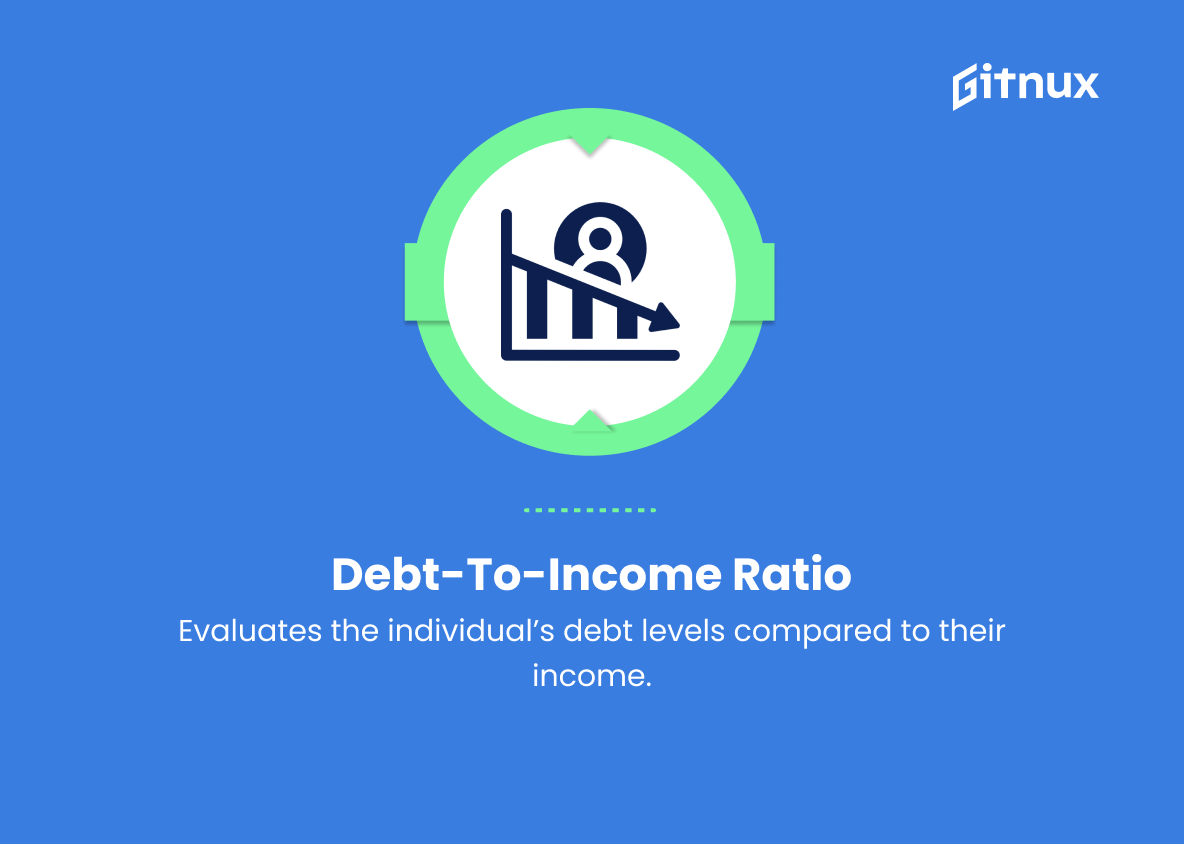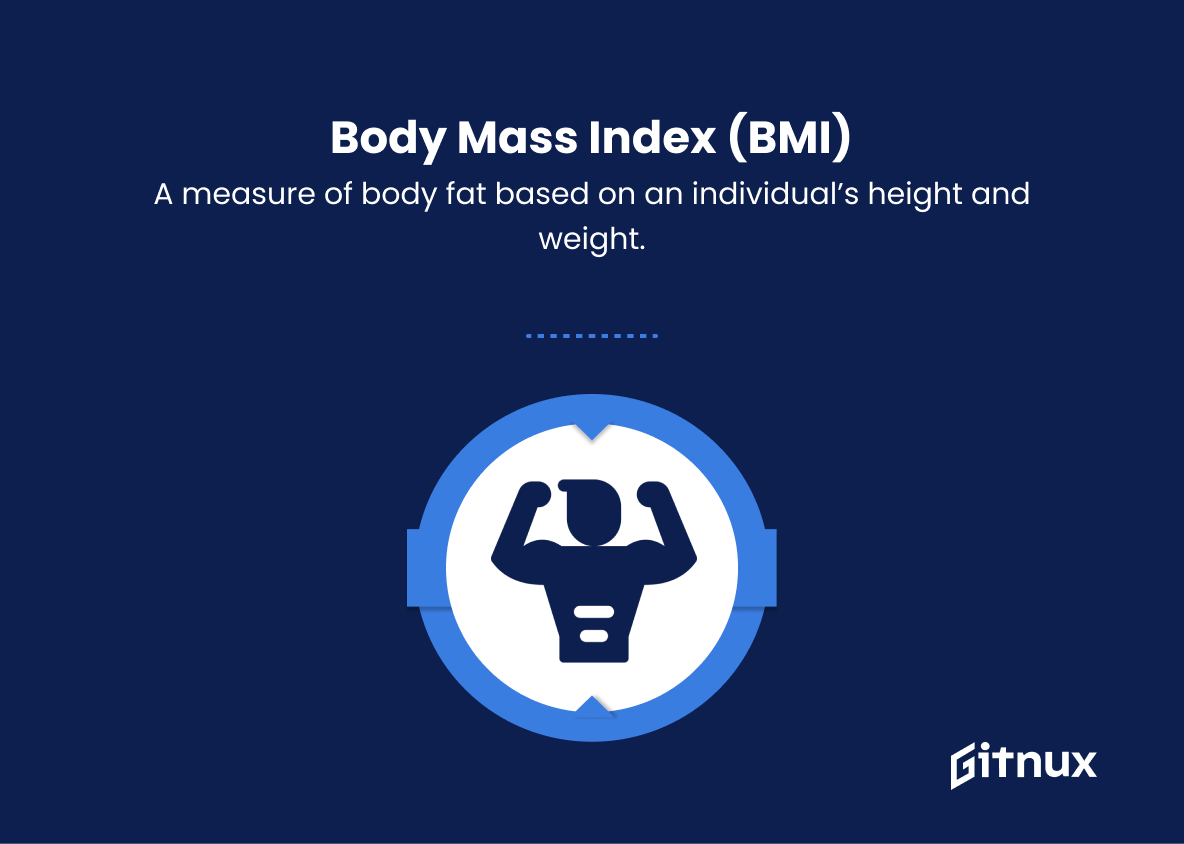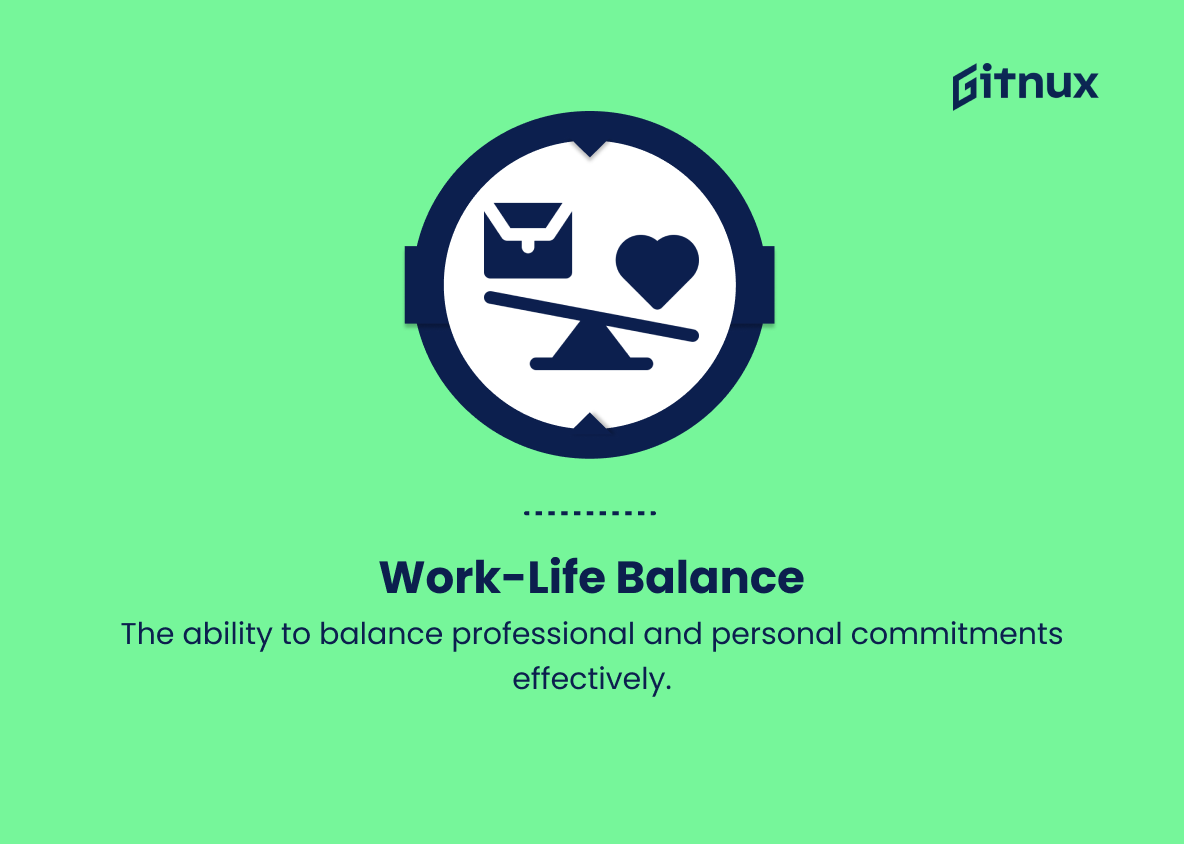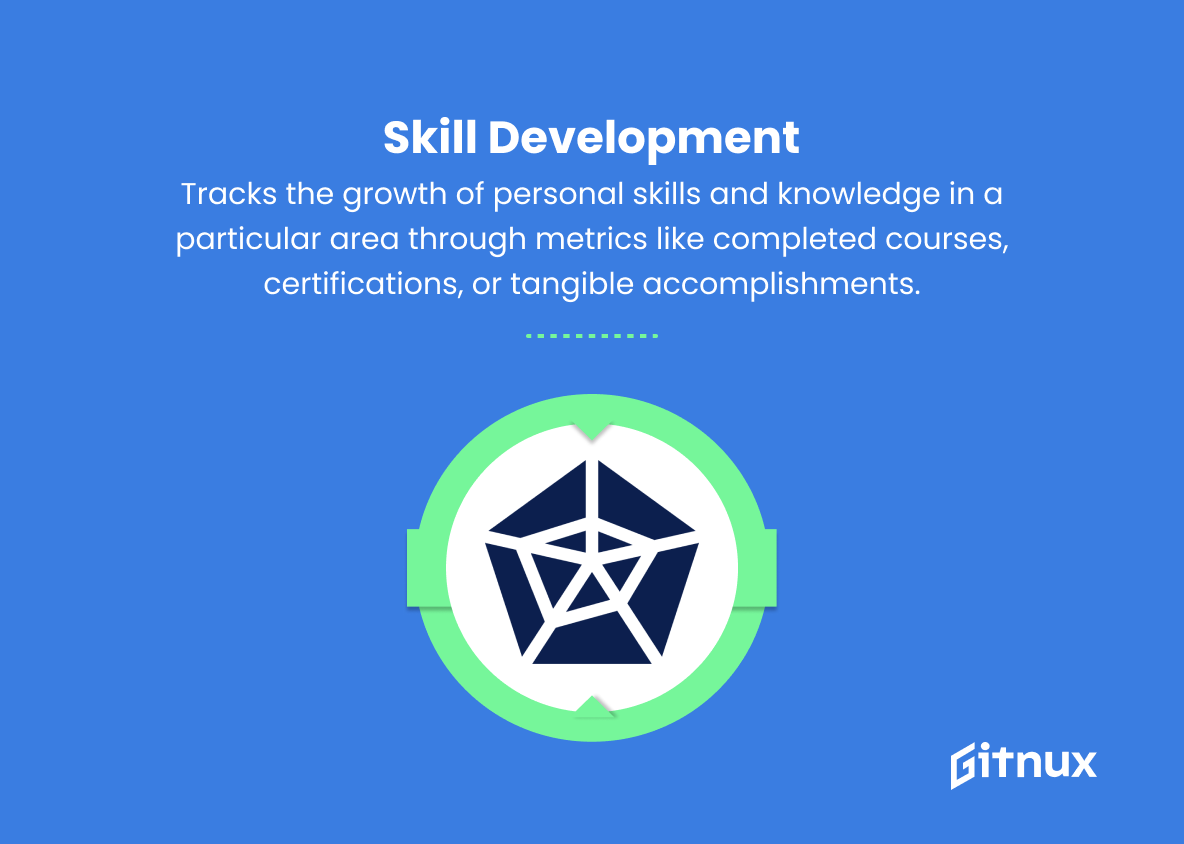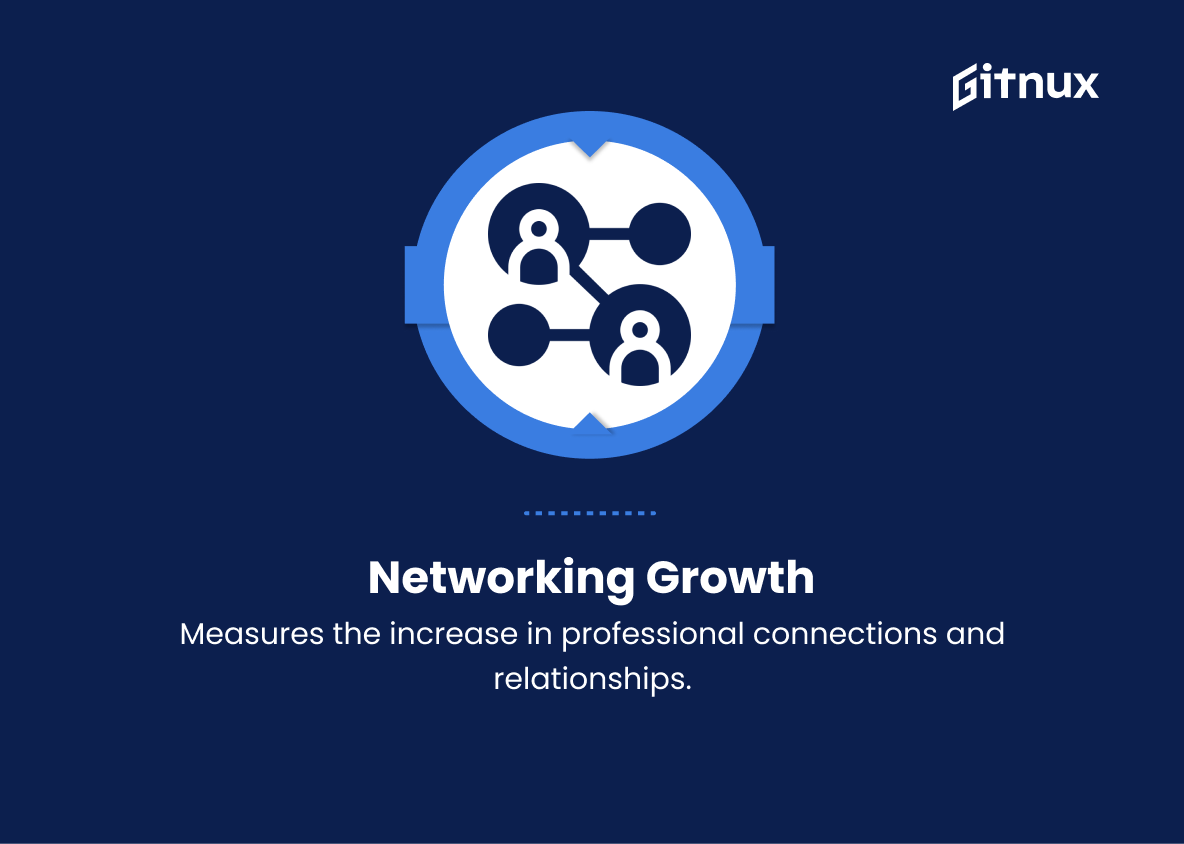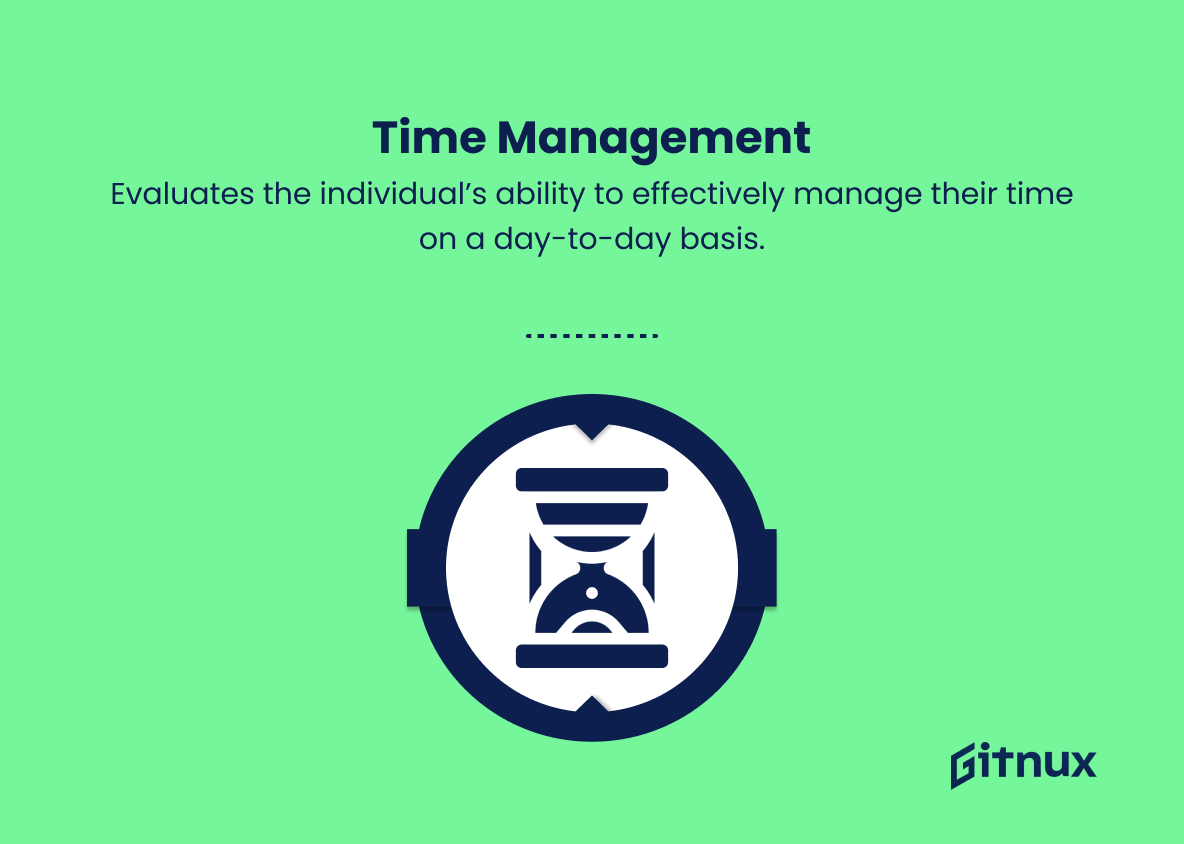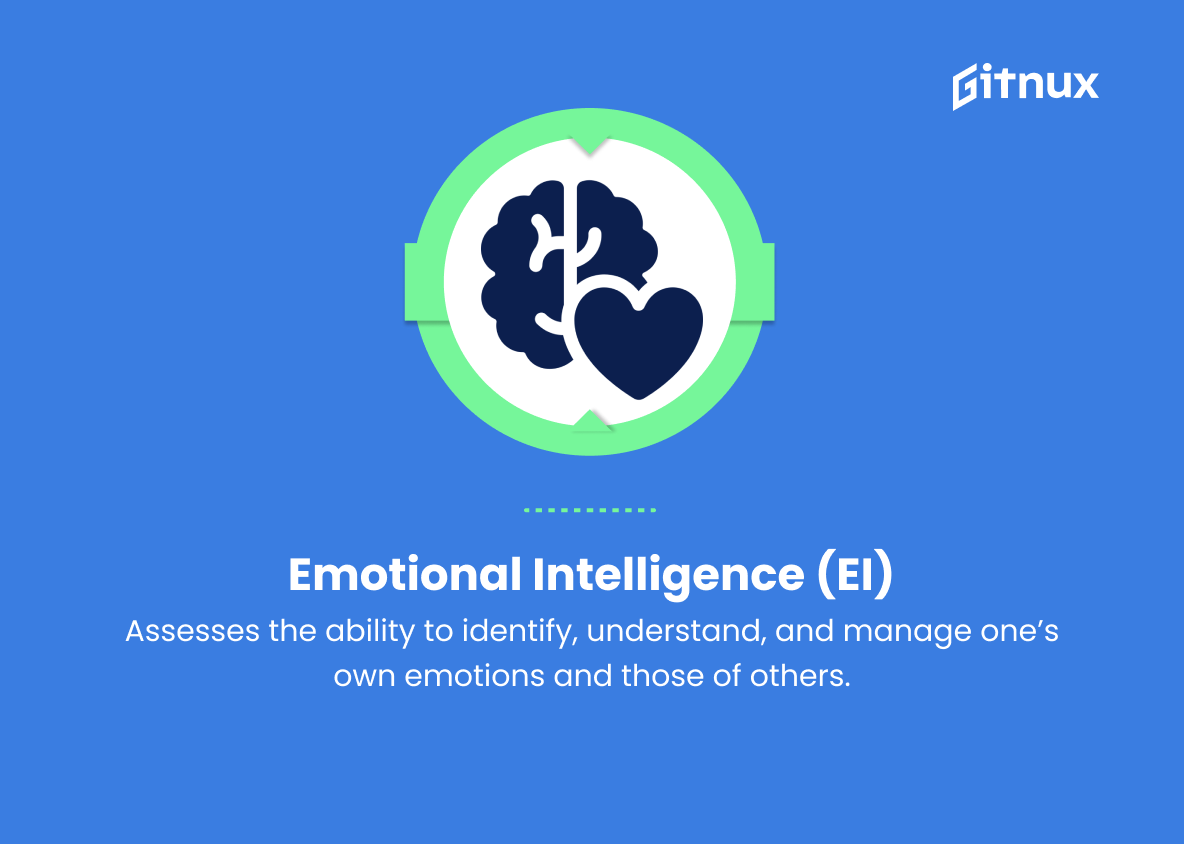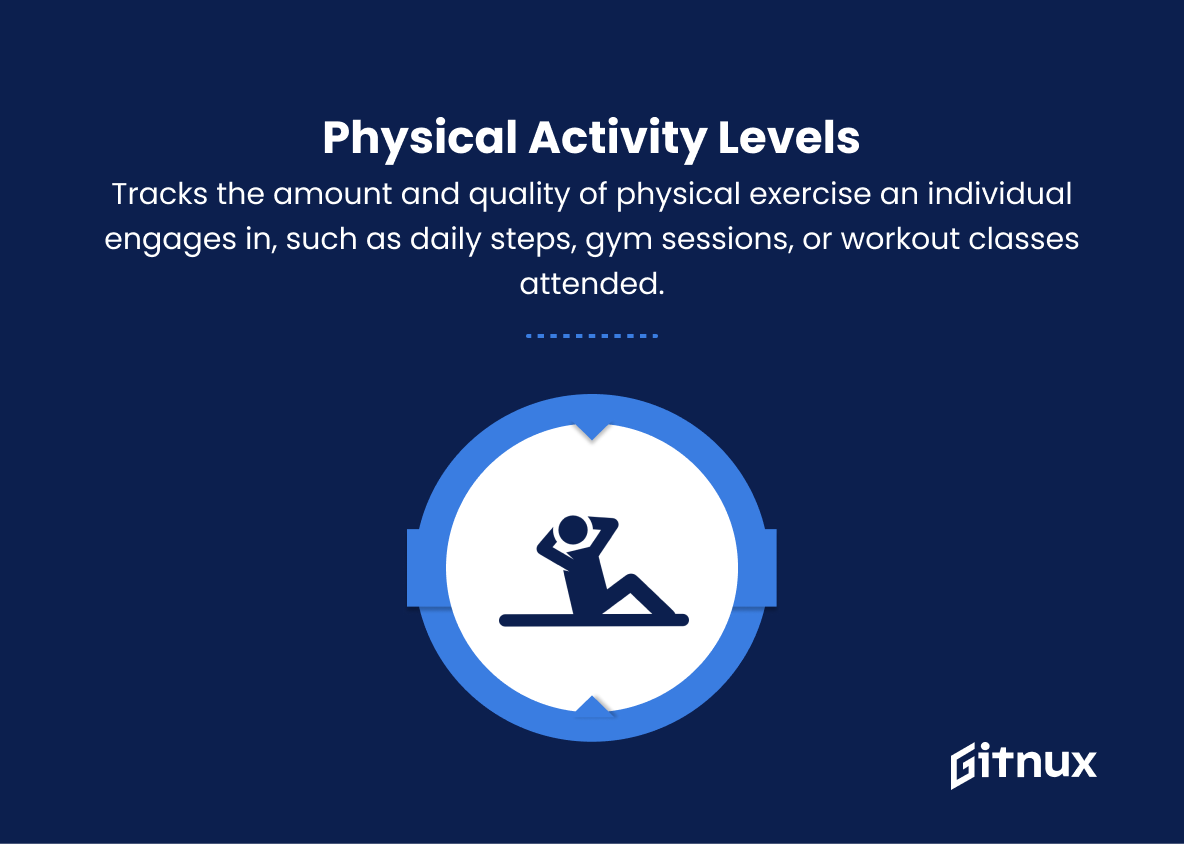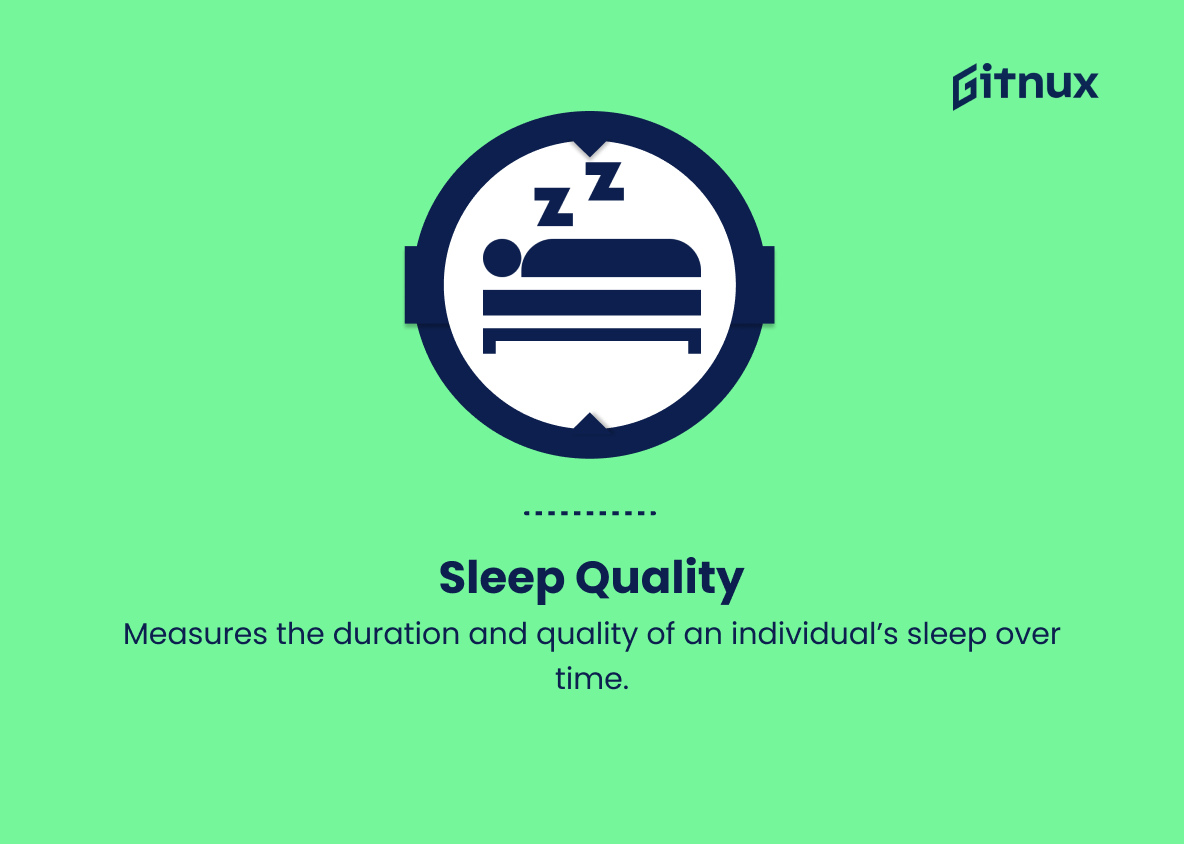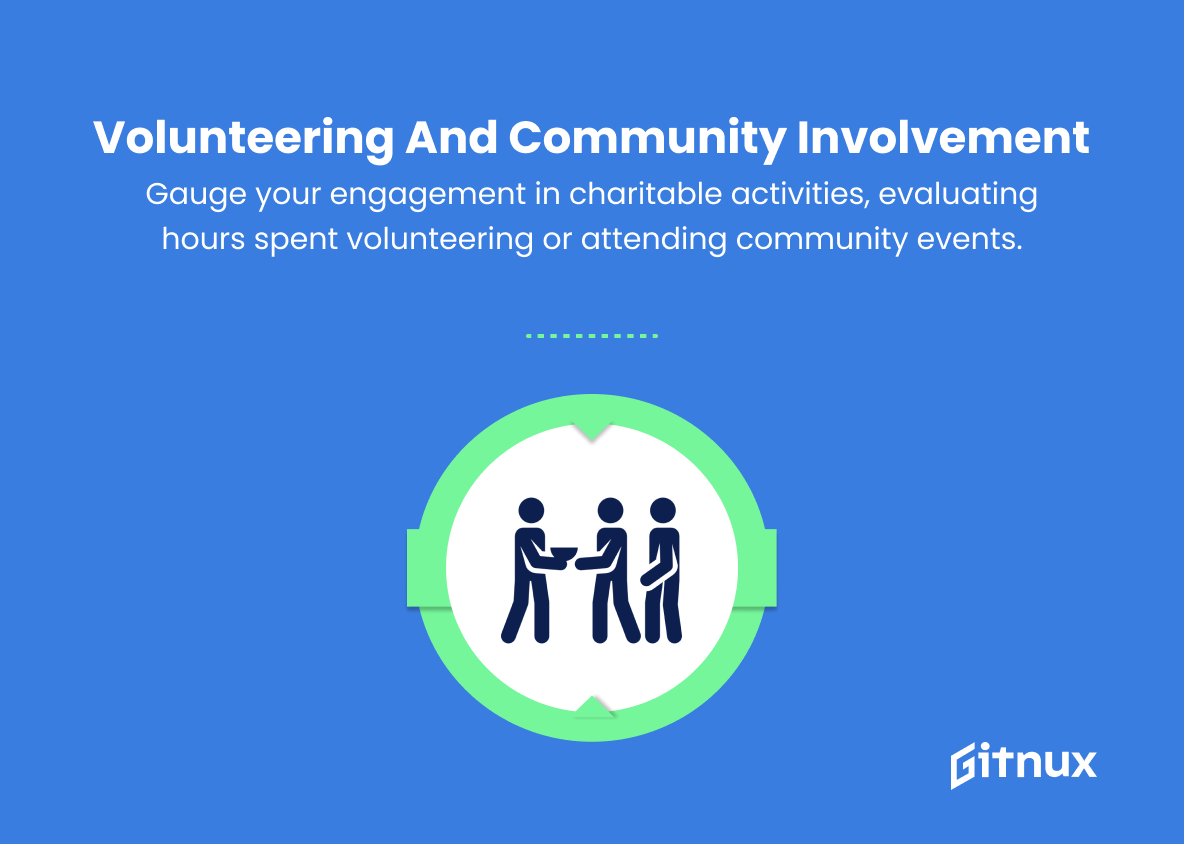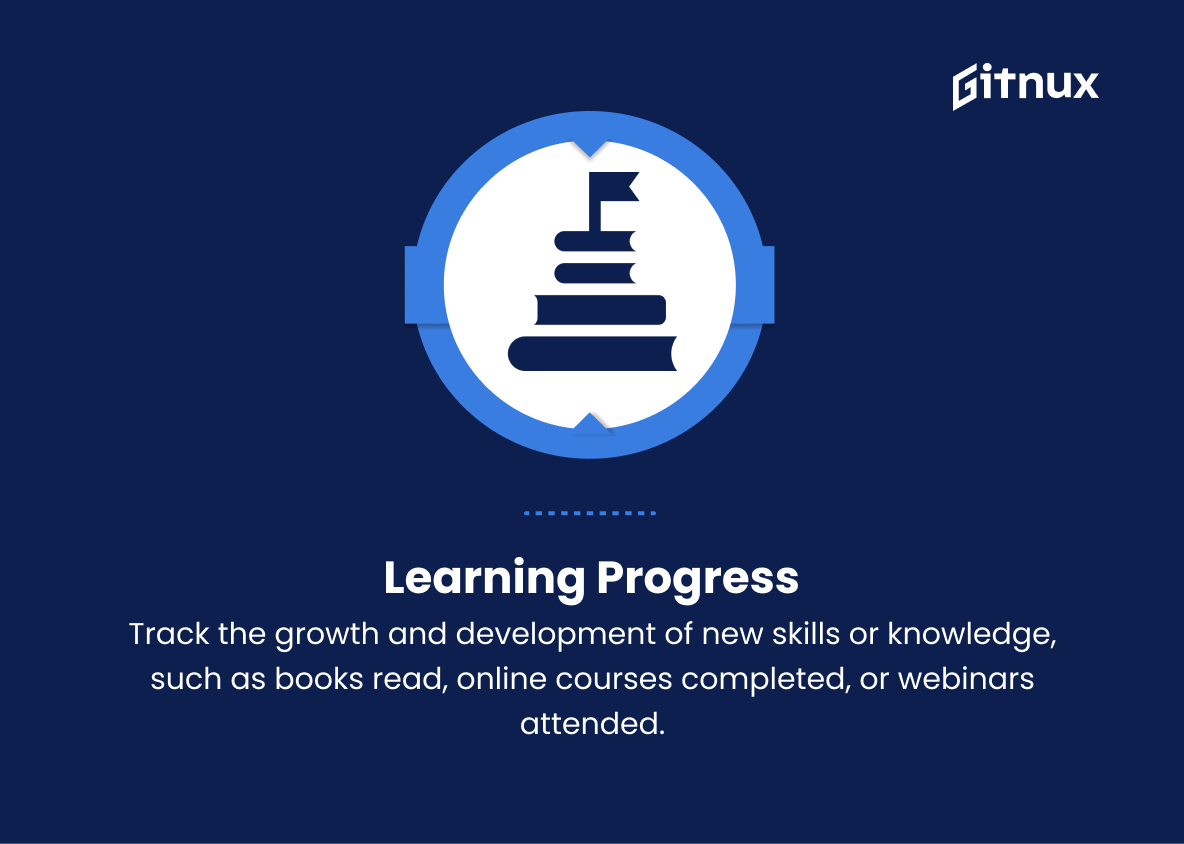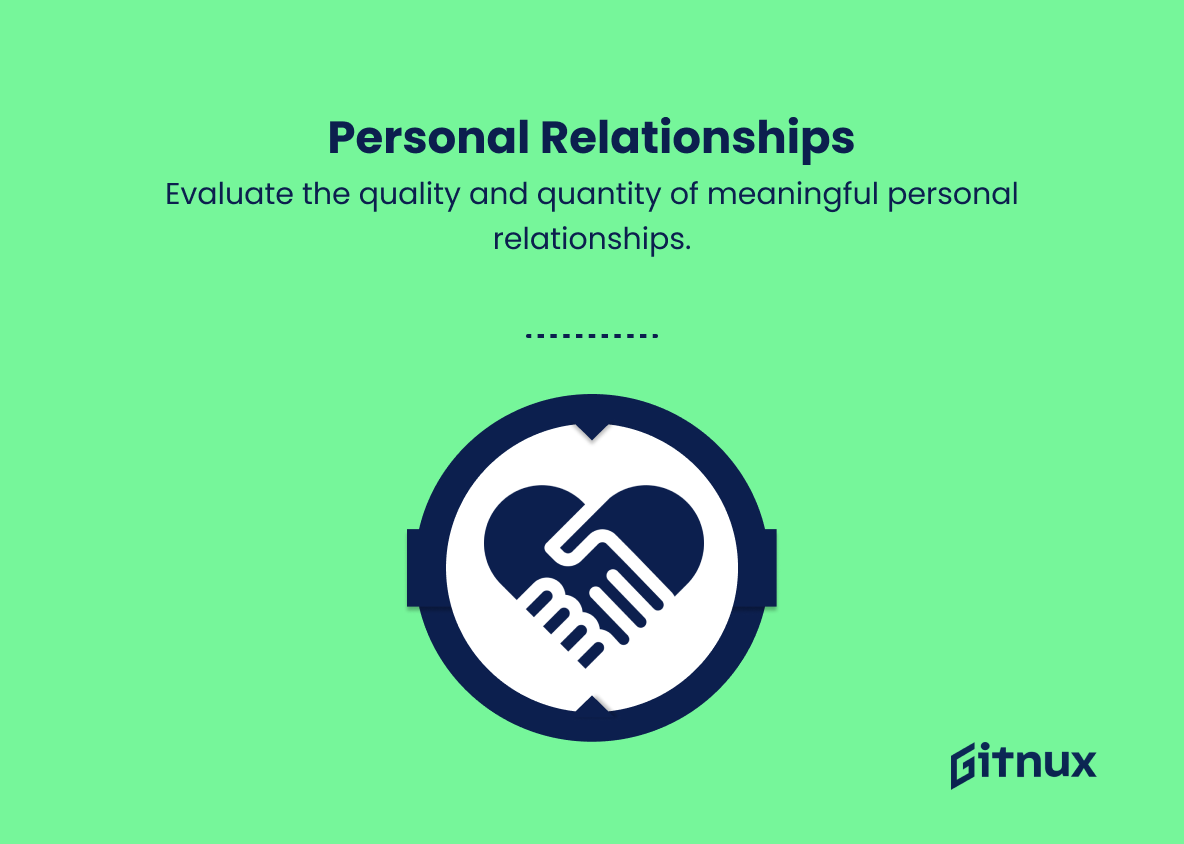In the ever-evolving world of personal development and self-improvement, establishing and maintaining a clear sense of direction can be quite challenging. With countless resources, methods, and techniques available, individuals often feel overwhelmed when trying to achieve their goals. One underutilized, yet highly effective tool for staying on track is the implementation of Personal Key Performance Indicators (KPIs).
In this insightful blog post, we will explore the concept of Personal KPIs, dissect their role in fostering growth, and provide practical examples to help you craft the most optimal KPIs tailored to your unique objectives. Embrace the power of personal performance measurement and unlock your true potential as you read on.
Personal KPIs You Should Know
1. Net income growth
Measures the increase in an individual’s net income over a specific period. It’s important for understanding financial progress and setting goals for personal financial growth.
2. Savings rate
The percentage of an individual’s income saved or invested. A higher savings rate indicates better financial stability and preparedness for the future.
3. Debt-to-income ratio
Evaluates the individual’s debt levels compared to their income. A lower ratio indicates a more stable financial situation — an important aspect for long-term financial goals.
In the ever-evolving world of personal development and self-improvement, establishing and maintaining a clear sense of direction can be quite challenging.4. Body Mass Index (BMI)
A measure of body fat based on an individual’s height and weight. It can help gauge progress towards fitness and health-related goals.
5. Work-life balance
The ability to balance professional and personal commitments effectively. It can be evaluated using metrics such as hours worked per week, personal time for hobbies, and mental well-being.
6. Skill development
Tracks the growth of personal skills and knowledge in a particular area through metrics like completed courses, certifications, or tangible accomplishments.
7. Networking growth
Measures the increase in professional connections and relationships. It can be evaluated by the number of networking events attended, referrals received, or LinkedIn connections.
8. Time management
Evaluates the individual’s ability to effectively manage their time on a day-to-day basis. Key metrics include task completion rates, deadline adherence, and meeting punctuality.
9. Emotional intelligence (EI)
Assesses the ability to identify, understand, and manage one’s own emotions and those of others. Improved EI can lead to better interpersonal relationships and decision-making.
10. Physical activity levels
Tracks the amount and quality of physical exercise an individual engages in, such as daily steps, gym sessions, or workout classes attended.
11. Sleep quality
Measures the duration and quality of an individual’s sleep over time. Adequate sleep is essential for maintaining overall health and productivity.
12. Volunteering and community involvement
Gauge your engagement in charitable activities, evaluating hours spent volunteering or attending community events. This KPI reflects your contribution to social well-being.
13. Learning progress
Track the growth and development of new skills or knowledge, such as books read, online courses completed, or webinars attended. This KPI fosters personal development and shows progress in achieving lifelong learning goals.
14. Personal relationships
Evaluate the quality and quantity of meaningful personal relationships. This KPI can be gauged through metrics like time spent with friends and family, relationship satisfaction, and conflict resolution.
Remember that Personal KPIs should be tailored to individual goals and circumstances, ensuring they are relevant, realistic, and motivating to encourage progress and growth.
Personal KPIs Explained
Personal KPIs serve as an essential tool for understanding and measuring one’s growth and progress in various aspects of life. Net income growth, savings rate, and debt-to-income ratio are key indicators of financial progress and stability, playing a significant role in achieving financial goals. Body Mass Index and physical activity levels help monitor health and fitness progress, while work-life balance, time management, emotional intelligence, sleep quality, and personal relationships assess overall well-being and personal development.
Skill development and learning progress demonstrate growth in personal knowledge and expertise in specific areas, fostering lifelong learning. Networking growth, volunteering, and community involvement highlight professional connections and social contribution, strengthening one’s sense of purpose and meaning. Ultimately, selecting relevant, realistic, and motivating personal KPIs allows individuals to evaluate their progress, improve their performance, and achieve their goals in different aspects of their lives.
With countless resources, methods, and techniques available, individuals often feel overwhelmed when trying to achieve their goals.Conclusion
In conclusion, personal KPIs serve as an effective tool for individuals seeking to optimize their personal and professional growth. By taking the time to set clear, measurable and achievable goals, we can gain valuable insight into our strengths and areas for improvement, and ultimately, steer our lives towards our desired outcomes.
Implementing personal KPIs in our daily routines can be a game-changer for personal development, both in the short term and long term. By making a commitment to hold ourselves accountable for our progress on a consistent basis, we empower ourselves to reach new heights and foster our overall success. So, don’t hesitate to start using personal KPIs in your life today – the impact can truly be transformative.
